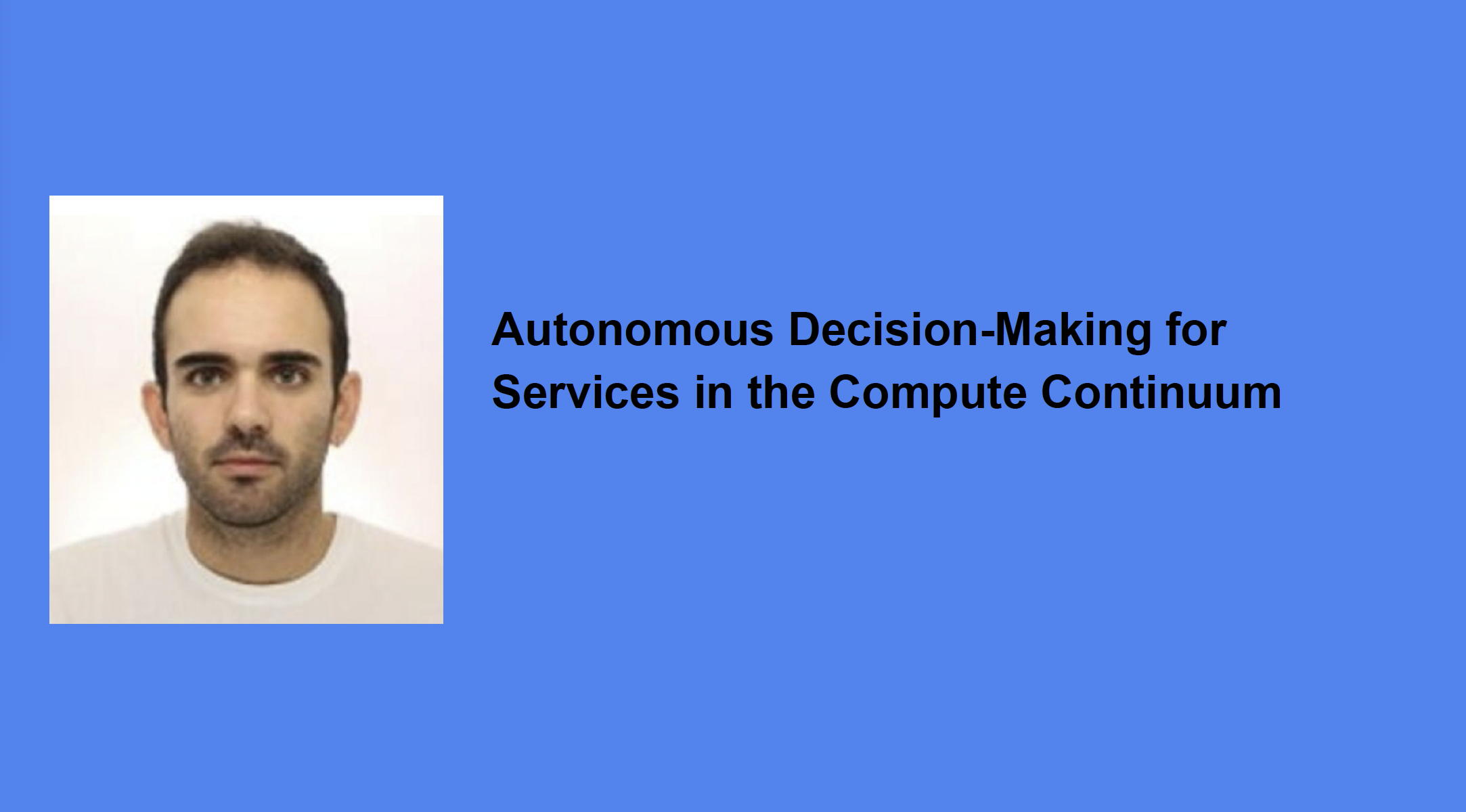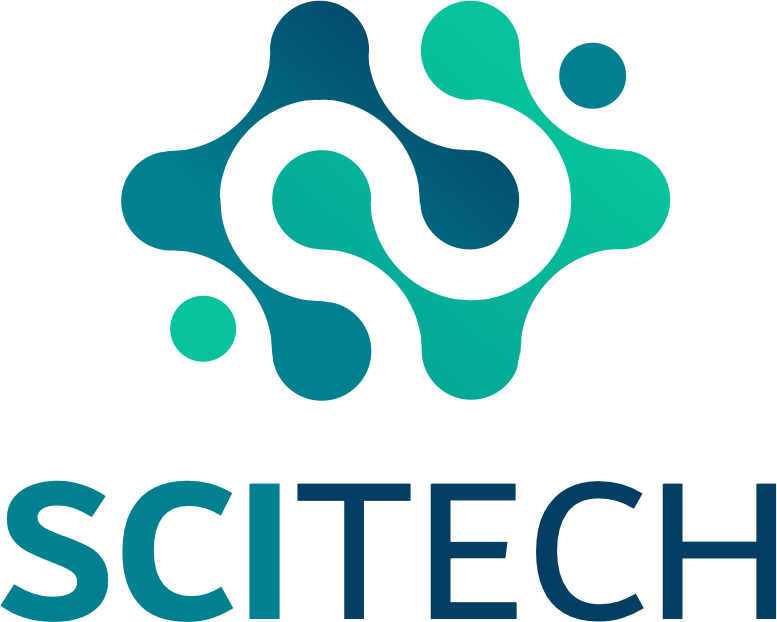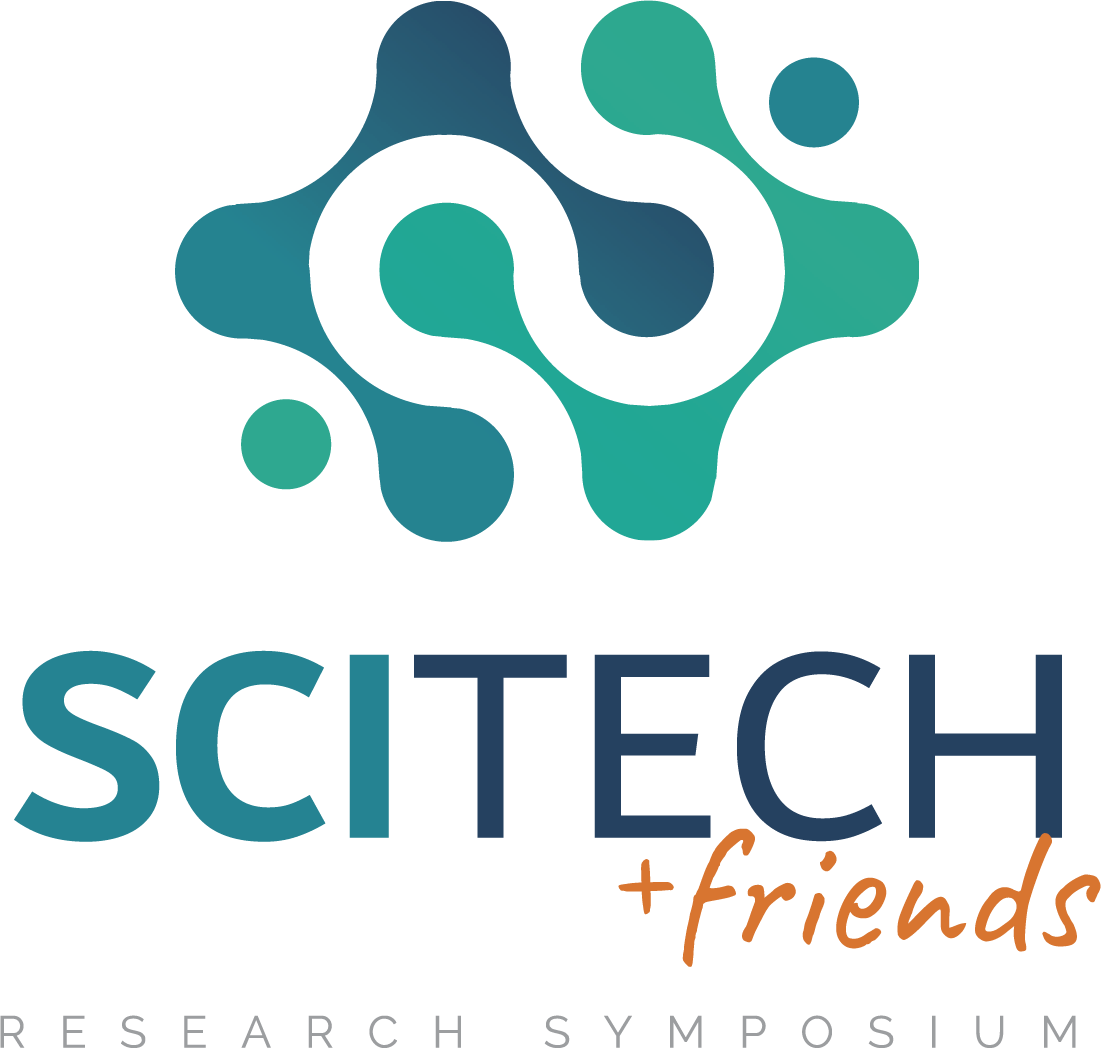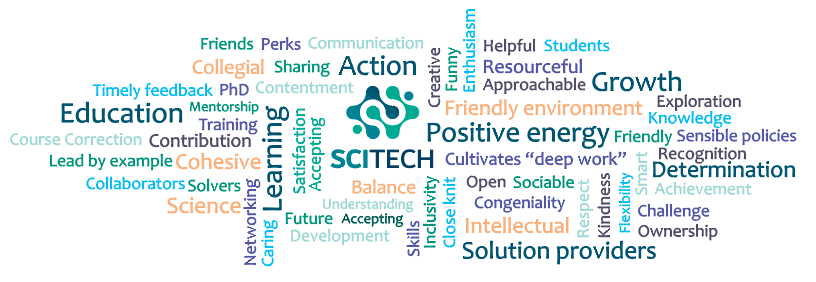Autonomous Decision-Making for Services in the Compute Continuum

The Compute Continuum has emerged as a new distributed computing paradigm that extends traditional centralized cloud environments with dynamic and heterogeneous resources, ranging from IoT devices to HPC centers. The heterogeneity and dynamicity of the Continuum is pushing computer scientists to rethink how services are defined, deployed, and coordinated in these new environments. Advancing this field enables applications with societal impact, such as urgent computing, precision agriculture, and resilient energy grids.
This paradigm shift is reshaping middleware design, moving away from centralized orchestrators toward dynamic, decentralized, peer-to-peer platforms. In this talk, I will present my work at the Workflows and Distributed Computing group at the Barcelona Supercomputing Center, where we are developing a programming environment for defining, deploying and operating services in the Continuum. Our approach implements concepts from swarm computing and multi-agent systems, enabling devices to act as autonomous agents that make coordinated decisions to collectively meet quality of service demands.
Particularly, I will introduce ongoing work on decision-making strategies for the Continuum, with a focus on applying and extending the greedy consensus algorithm developed by Prof. Ewa Deelman’s group. Originally applied to decentralize workflow management systems, we are exploring how this algorithm can be integrated into our environment to enable adaptive, self-managing services across the Continuum.
- When: Friday, October 17, 2025, 11:00am – 12:00pm PDT
- Where: MDR #689 Conference Room
- This event is open to the public.
- Type: Scientific Computing Seminar
 Recording of seminar
Recording of seminar
Speaker: Xavier Casas Moreno, Barcelona Supercomputing Center
Bio:
Xavier Casas-Moreno received his PhD from KTH Royal Institute of Technology (2023, Stockholm), where he developed multidisciplinary tools to automate high-throughput super-resolution microscopy at the group of Prof. Ilaria Testa. His work combined signal theory, optical design and implementation, and software engineering, and led to the creation of ImSwitch, an open-source platform for microscope control, image reconstruction, and automation. He received a Chan Zuckerberg Initiative grant to integrate ImSwitch with napari, a multi-dimensional image viewer with extensive community support.
Motivated by the role of software engineering in multidisciplinary applications, he joined the Workflows and Distributed Computing group (led by Prof. Rosa M Badia) at the Barcelona Supercomputing Center as a postdoctoral researcher. There, he contributed to the COLMENA project, a programming environment for hyper-distributed applications across the Computing Continuum. His research is supported by a Juan de la Cierva fellowship (2024–2026) and a DISCOVER-US exchange grant, which will allow him to collaborate with Prof. Ewa Deelman’s group at ISI.




